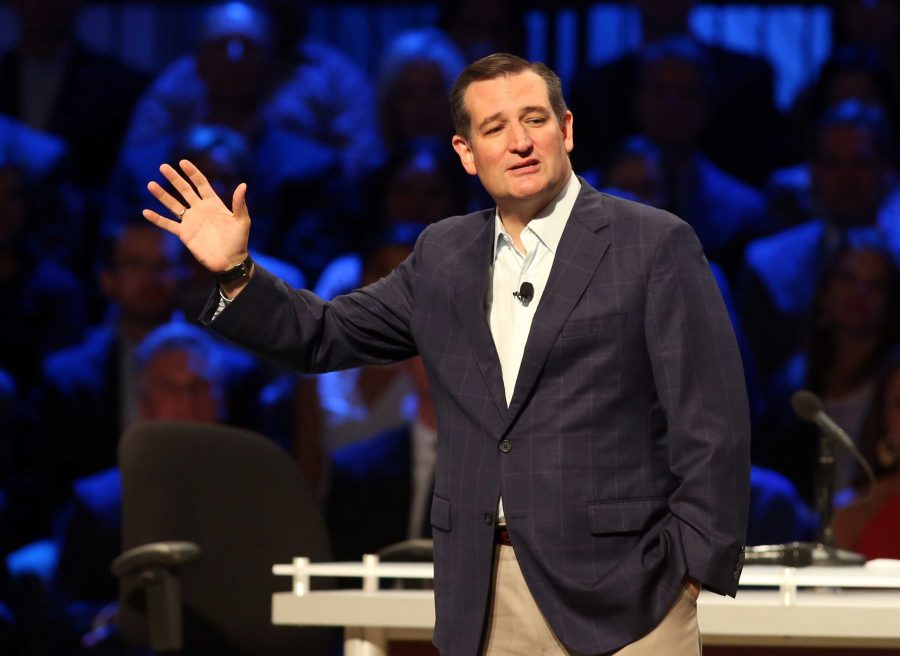Dr. Ben Carson on his 10-year relationship with the controversial medical supplement company, Mannatech, “That is total propaganda, and this is what happens in our society. Total propaganda.”
Donald Trump on his website’s attack on Mark Zuckerberg for his stance on immigration, “I don’t know, you people write the stuff.”
Sen. Ted Cruz on his opposition to the budget deal finalized in Washington last week, “How about talking about the substantive issues the people care about?”
Despite the accuracy of these particular points during last week’s Republican debate, the candidates dismissed the CNBC moderators’ questions as unfair or biased, and therefore, non-issues.
While not all of the moderators’ queries during last week’s debate were legitimate — asking the candidates about the fantasy sports site, DraftKings, was certainly unnecessary — the above points are regarding substantive issues. Immigration, health care and basic economics are constant themes in politics. As president of the United States, the candidates will have to face harsh criticisms, and should be prepared to answer those questions. If elected, the candidates will have to represent both sides, not just those who voted for them.
Crying “media bias” in an effort to skirt around these issues, however, only serves to limit the transparency of candidates’ campaigns and to undermine the process as a whole.
Yet, Republicans continue to insist that the mainstream media is the real problem here.
On Monday, 11 Republican campaigns even sent a joint-letter to television networks in an effort to ensure that networks provide “appropriate platforms” for future debates. The letter listed stipulations for networks to meet in the format of the debates — regarding things like length of questions, “lightning rounds” and potential moderators — as these ground rules will determine whether or not candidates will participate.
The Republicans’ complaints, and the subsequent joint-letter to networks, are responses to what they see as an unfair media environment that is pitted against them.
Like it or not, though, media outlets are always going to be biased, but this bias exists on both sides of the spectrum. Fox News, for instance, frequently tops the charts as the most watched cable news network. When the conservative network aired more than 1,000 evening television segments on the Benghazi attack between the night of the attacks and the formation of the select committee in early May 2014 alone, that was agenda setting.
Nonetheless, this agenda setting helped to eventually force then-Secretary of State and current Democratic presidential candidate, Hillary Clinton, to confront the Benghazi issue in a public hearing earlier last month.
This is one of the main roles media plays in our democracy, to make viewers and/or readers aware of the stances, policies and histories of politicians. Whether their viewers are liberal or conservative, most will be relying on the media to provide them with information they will use when deciding who to cast their vote for.
While media outlets may not always do the best job at fulfilling this role, that is no excuse for politicians to avoid the criticisms needed to facilitate public awareness.



